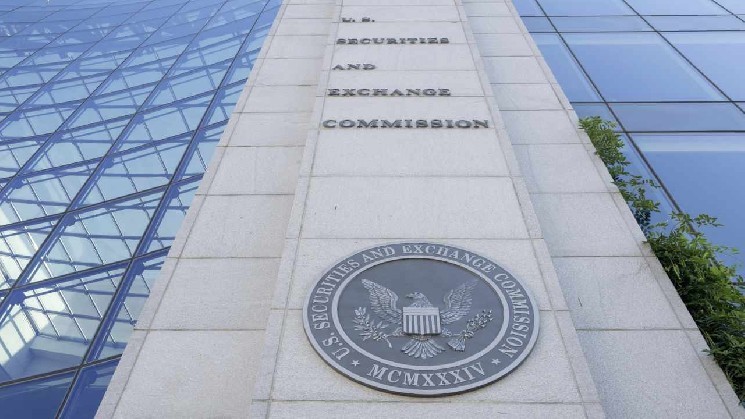Top investment firms demand SEC reinstate filing-order rule to protect crypto ETF innovation and prevent market dominance by giants.
SEC Urged to Restore First-to-File Rule as Big Firms Exploit System Shift
Executives from asset management firms Vaneck, Canary Capital, and 21Shares issued a joint letter to U.S. Securities and Exchange Commission (SEC) Chairman Paul Atkins on June 5, calling on the agency to reinstate its “first-to-file” approval framework for exchange-traded products (ETPs). The signatories argued that the Commission’s recent practice of granting simultaneous approvals—regardless of filing order—undermines fairness, diminishes innovation, and weakens the competitive positioning of smaller issuers, particularly in the fast-growing crypto segment.
In the letter, the firms sharply criticized the SEC’s departure from historical norms, stating:
Recently, this principle has eroded. Instead of approving in order of filing, the SEC has shifted toward simultaneous approvals.
“This dilutes first-mover advantages and allows large firms to wait for smaller ones to innovate, then file similar products to gain equal regulatory access. The first-to-market ETPs have consistently earned more assets and share, a dynamic crucial for smaller issuers to compete,” the executives detailed. They cited multiple examples, including the Jan. 10, 2024, launch of several spot bitcoin exchange-traded funds (ETFs), noting: “The firm with the latest filing secured the largest market share.”
The SEC’s decision to approve 11 spot bitcoin ETFs simultaneously in January 2024—including offerings from Blackrock and Fidelity—has intensified criticism that the process favors industry giants. While the SEC maintains that approvals are driven solely by regulatory criteria, the outcome has fueled renewed scrutiny over whether the current framework protects competition or entrenches existing market power—especially in a sector where first-mover advantage can be decisive.
The executives emphasized in their letter that the regulator’s current process has broad and damaging implications for market integrity and investor outcomes. They warned:
This regulatory shift has serious consequences. It disincentivizes innovation, encourages replication, and boosts market concentration. Larger entities benefit, while agile innovators are penalized.
“The result is a less dynamic, less fair, and less efficient market. Investor choice suffers, and the SEC’s core mission—market fairness and capital formation—is compromised,” they stressed. The letter closed by urging the SEC to return to a policy of honoring filing sequence to ensure equitable treatment and preserve the U.S.’ leadership in financial innovation.

